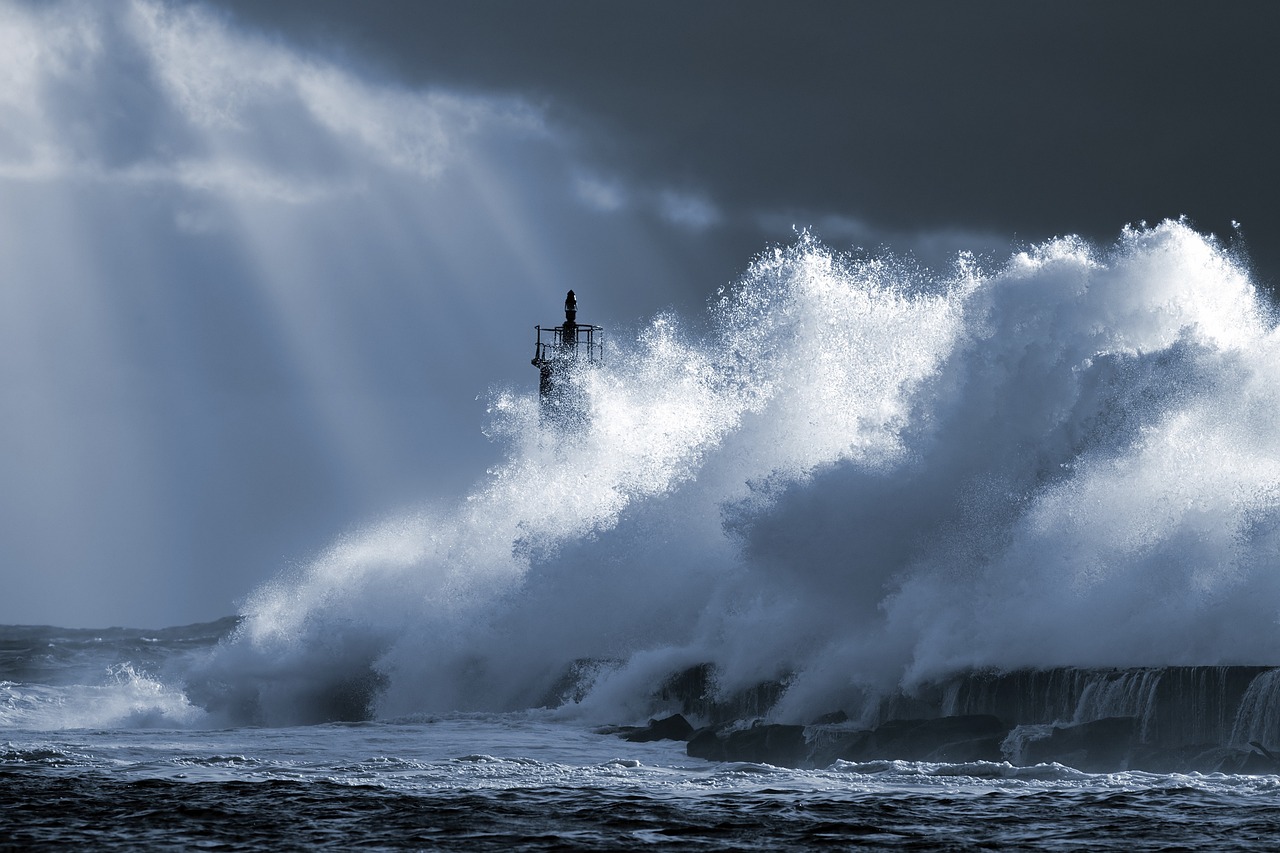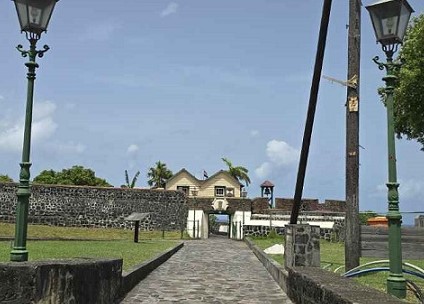The 2024 hurricane season is forecast to be the most active in history, with a record-breaking 24 named storms and 11 hurricanes, 6 of which are predicted to be a Category 3 or higher.
Entering what could be the most destructive hurricane season on record, travel insurance comparison site, Squaremouth, shares 3 things travellers need to know about travel insurance coverage.
Buy Coverage Before the Storm is Named - If your trip is impacted by a storm, travel insurance can cover your losses, as long as you bought your policy before the storm was named.
Once a storm is publicized in the media as a named storm, it is too late to buy coverage for that storm. If you have a trip planned between June 1 and November 30, consider buying travel insurance shortly after booking your trip to give yourself the best chance of coverage.
Make Delays More Comfortable with Travel Delay Coverage - Last year, an unprecedented 69% of all delayed flights were due to weather, according to the U.S. Department of Transportation's Bureau of Transportation Statistics.
Travel Delay coverage can refund meals and hotels during a delay and may even cover the additional costs paid to catch up to your destination. Typically, you must be delayed for at least 3 to 12 hours in order for coverage to kick in. If you're traveling to a hurricane-prone destination, look for a travel insurance policy with the shortest delay time required.
Look for a Policy That Can Cover You if a Storm Hits Home - Last year, high winds and flooding from hurricanes Idalia and Ophelia caused more than a billion dollars in damages to homes in the southeastern U.S. If a hurricane makes landfall in your hometown and severely damages your house, most Trip Cancellation policies can cover the cost to cancel your trip, or return home early, under the Hurricane & Weather benefit.











